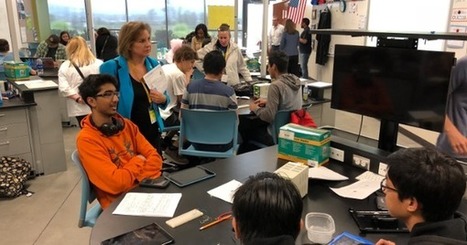G.P.A.’s are worthless as a criteria for hiring, and test scores are worthless,” said Laszlo Bock, former head of HR at Google. “Google famously used to ask everyone for a transcript and G.P.A.’s and test scores, but we don’t anymore, unless you’re just a few years out of school. We found that they don’t predict anything,” added Bock.
In the now famous 2013 interview with the New York Times, Bock signaled the beginning of the end of courses and credits as the primary measure of learning and the beginning of the show what you know era.
Professions (including law, real estate, and accounting) have long relied on test-based measured of readiness. Some professions have gone a step beyond to require demonstrated competence (e.g., doctors and pilots are required to pass tests, endure simulations, and perform in a variety of live settings).
In dynamic job categories including information technology (as Bock notes), hiring is increasingly based on demonstrated skills--a portfolio of referenced work-- rather than transcripts and grades. Learning in these rapidly evolving fields is often online or blended, modular, and delivered in quick sprints in new formats like coding bootcamps or nanodegrees.
If the world is heading towards demonstrated competency over traditional pedigrees and there is a new opportunity to accelerate individual learning pathways, what does it mean for traditional education?
Research and publish the best content.
Get Started for FREE
Sign up with Facebook Sign up with X
I don't have a Facebook or a X account
Already have an account: Login
News, reviews, resources for AI, iTech, MakerEd, Coding and more ....
Curated by
John Evans
 Your new post is loading... Your new post is loading...
 Your new post is loading... Your new post is loading...
|










